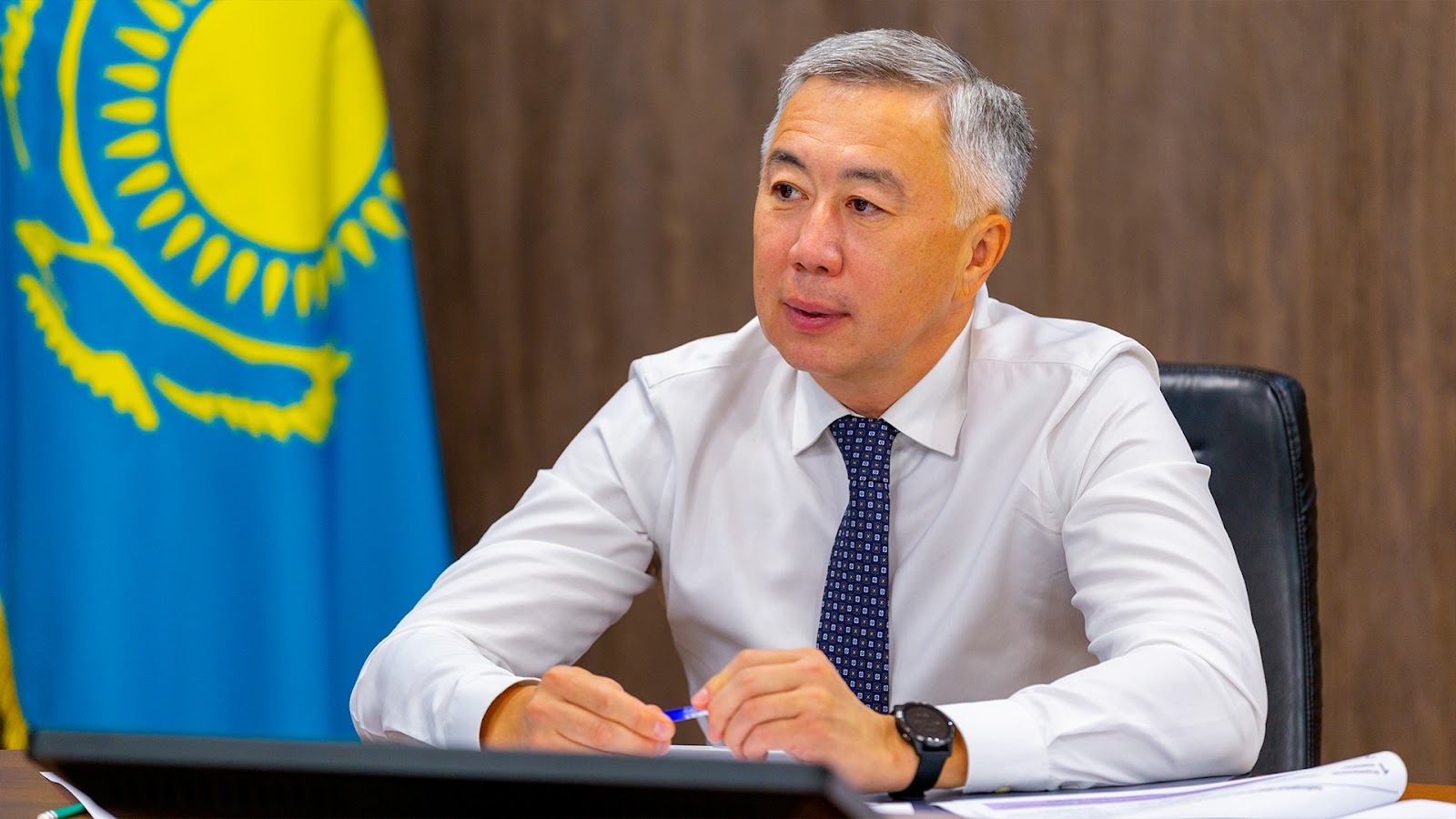Zhumangarin indicated that, from 2026 to 2028, real income
growth for the population is projected to average a minimum of 2–3
percent annually.
To support this income growth, Zhumangarin outlined that
Kazakhstan will continue to implement targeted employment support
programs, with a particular emphasis on regions exhibiting low
economic activity.
Furthermore, Zhumangarin emphasized the government’s commitment
to refining the targeting of social assistance to ensure that aid
reaches those most in need.
The minister also reiterated the government's strategy to manage
inflation by limiting withdrawals from the National Fund and
tightening oversight on public expenditure. This strategy will
involve strict adherence to budgetary regulations. According to the
government’s fiscal plan, the budget deficit is projected to
decrease to 0.9 percent of GDP by 2028, with the non-oil deficit
expected to decline to 2.7 percent of GDP. Concurrently, national
debt levels will be kept under control, not surpassing 26 percent
of GDP.
As of January 1, 2024, Kazakhstan’s minimum wage will be set at
85,000 tenge (approximately $163 at the current exchange rate).
According to the official exchange rate provided by the National
Bank of Kazakhstan, as of November 19, 2025, 1 USD equals 521.01
KZT.







